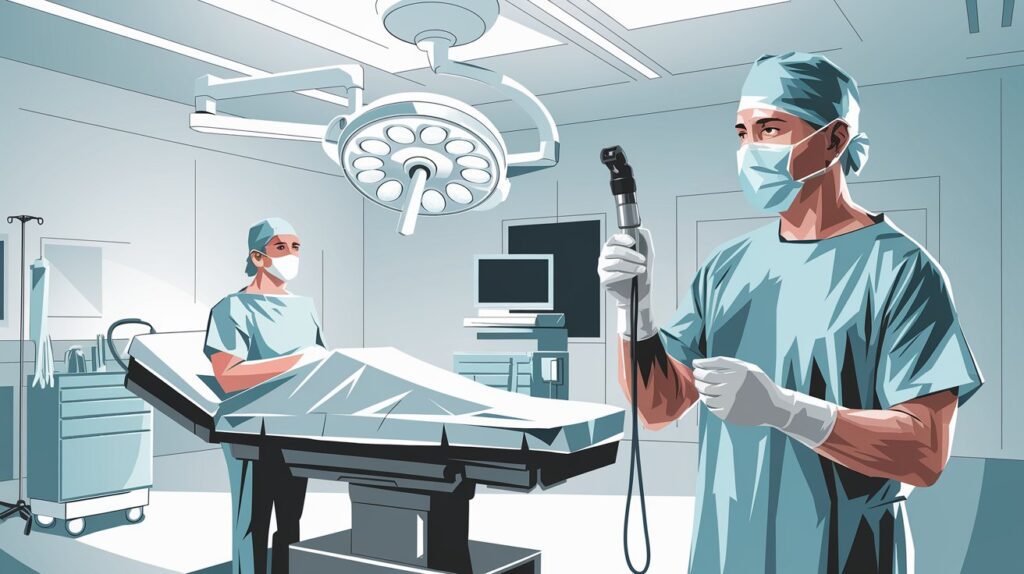How To Prepare For Your Laparoscopic Surgery
Laparoscopic surgery, also known as minimally invasive surgery, offers numerous benefits such as quicker recovery, reduced pain, and minimal scarring compared to traditional open surgeries. Proper preparation can make a significant difference in your surgical experience and recovery. Dr. Sanjeev Gupta, a highly experienced surgeon with over 20 years of expertise, shares his expert tips to ensure a smooth surgical journey.
Understanding Laparoscopic Surgery
Laparoscopic surgery involves making small incisions through which a camera and specialized instruments are inserted. This technique is widely used for procedures like hernia repair, gallbladder removal, and various abdominal surgeries. Its advantages include minimal scarring, less postoperative pain, shorter hospital stays, and a quicker return to normal activities.
Pre-Surgery Preparation
- Consultation & Medical History: Share your complete medical history with Dr. Sanjeev Gupta, including any medications, supplements, or pre-existing conditions.
- Follow Preoperative Instructions: Adhere to fasting guidelines and other instructions to avoid complications during anesthesia.
- Medication Management: Consult with Dr. Gupta about which medications to continue or pause, particularly blood thinners.
- Quit Smoking & Limit Alcohol: Smoking impairs healing, and alcohol can interfere with anesthesia and medications.
Tips for the Day of Surgery
- Wear Comfortable Clothing: Choose loose, easy-to-wear attire that won’t irritate the surgical site.
- Arrange Transportation: Since anesthesia affects alertness, arrange for someone to drive you home.
- Prepare Your Home: Create a comfortable recovery space with essentials like medications, water, and healthy snacks within reach.
Postoperative Care
- Follow Discharge Instructions: Dr. Gupta provides detailed aftercare guidelines for a smooth recovery.
- Stay Active, But Avoid Strain: Gentle movement prevents blood clots, but avoid strenuous activities until cleared by your doctor.
- Monitor for Complications: Watch for signs of infection, such as fever, redness, or increased pain at the incision site.
- Maintain a Healthy Diet: Proper nutrition aids healing and strengthens the immune system.
When to Contact Your Doctor
If you experience severe pain, persistent nausea, difficulty breathing, or any unusual symptoms, contact Dr. Gupta’s clinic immediately for assistance.
Conclusion
Thorough preparation for laparoscopic surgery enhances your recovery experience. With Dr. Sanjeev Gupta’s guidance, you can approach your procedure with confidence, knowing you’re in capable hands. Follow pre-and post-surgery instructions diligently and prioritize your health for a safe and successful outcome.
For personalized advice or to schedule a consultation, reach out to Dr. Sanjeev Gupta’s clinic today!



1 Comment
4kdownload safe
Your means of explaining all in this article is genuinely nice,
every one be capable of effortlessly be aware of it, Thanks a lot.